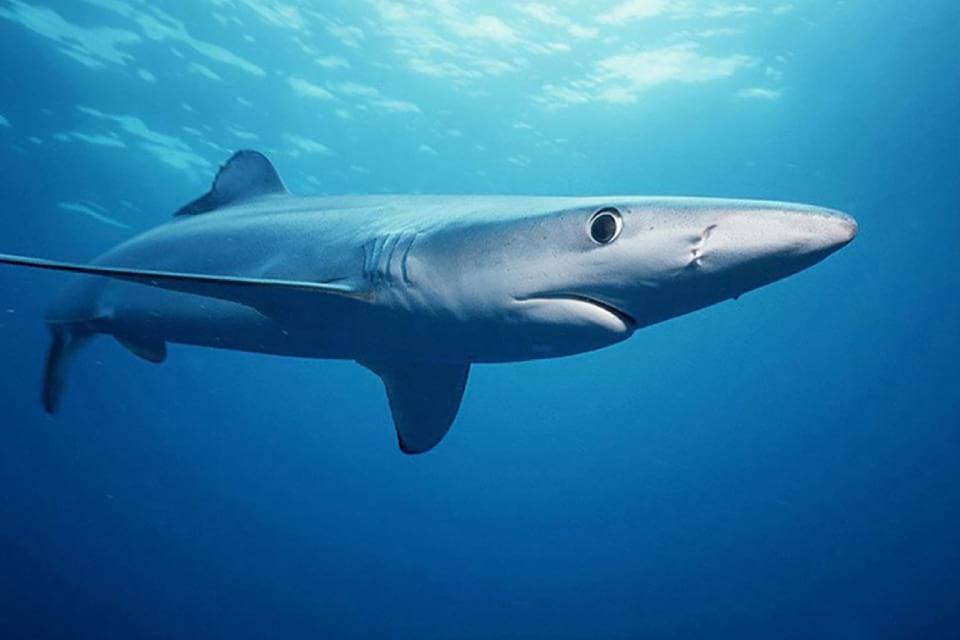Do sharks hunt people?
Most sharks are not dangerous to humans — people are not part of their natural diet.

Despite their scary reputation, sharks rarely ever attack humans and would much rather feed on fish and marine mammals.
Only about a dozen of the more than 300 species of sharks have been involved in attacks on humans. Sharks evolved millions of years before humans existed and therefore humans are not part of their normal diets. Sharks are opportunistic feeders, but most sharks primarily feed on smaller fish and invertebrates. Some of the larger shark species prey on seals, sea lions, and other marine mammals.
Sharks have been known to attack humans when they are confused or curious. If a shark sees a human splashing in the water, it may try to investigate, leading to an accidental attack. Still, sharks have more to fear from humans than we do of them. Humans hunt sharks for their meat, internal organs, skin, and fins in order to make products such as shark fin soup, lubricants, and leather.
Sharks are a valuable part of marine ecosystems, but overfishing threatens some shark populations. NOAA Fisheries conducts research on shark habitats, migratory patterns, and population change in order to understand how to best protect and maintain a stable shark population.
Social